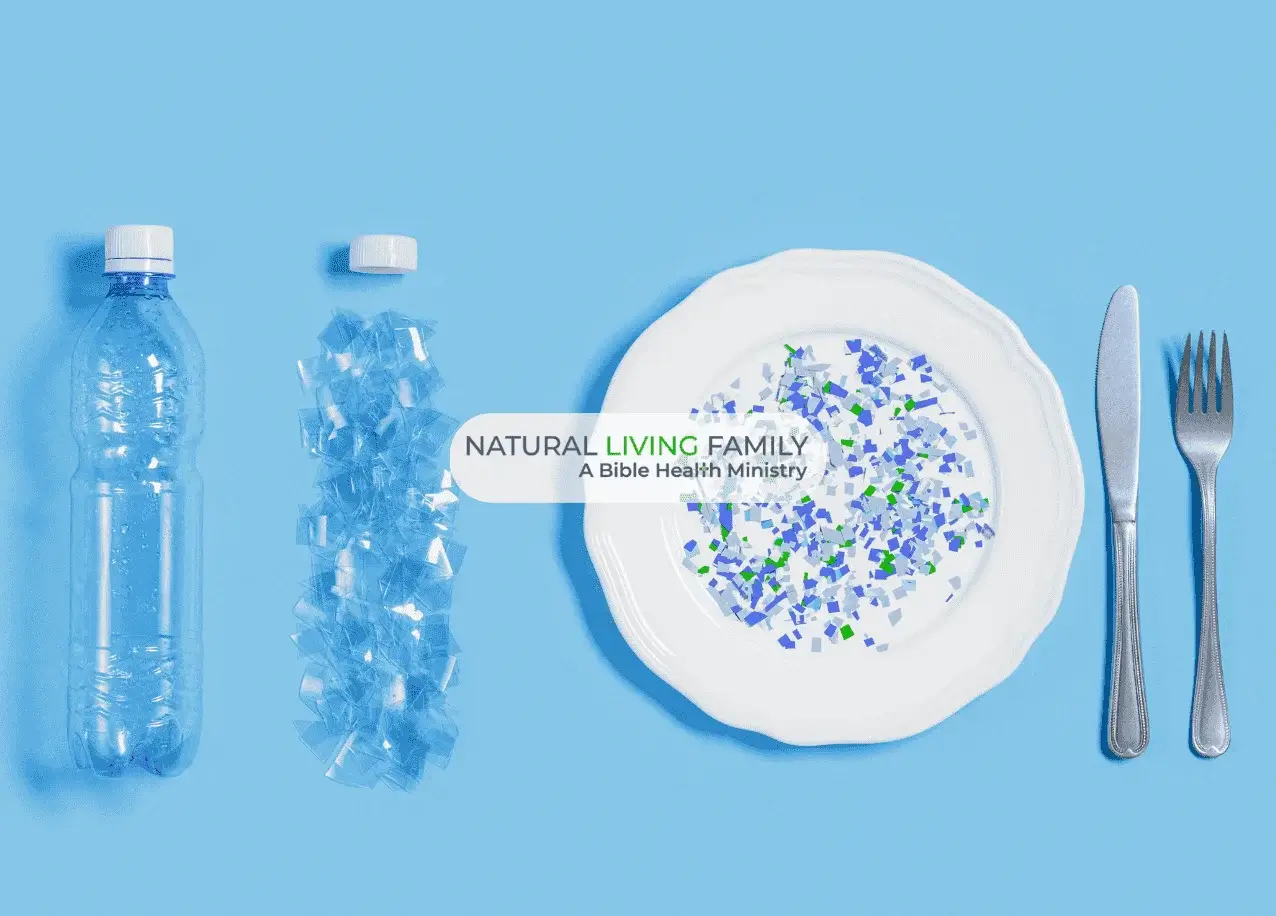A Guest Post by: Dr. David Jockers – Why is it Bad to Eat Pork? Why is pork unclean?
Why is pork bad for you? People always ask me about the safety or cautionary wisdom to take when eating pork and other pig products. I was raised following many of the Jewish cultural foundations with the intention of living as Jesus had lived. For this reason, I have never consumed pig products. My parents had taught me this practice and so I listened back then. Now as an adult, I have researched the Biblical practices and nutritional and toxicity reasons and I am convinced that there is valid scientific reasoning why pork is bad for you.
Table of Contents
Why is it Bad to Eat Pork?
My personal health philosophy is to honor God with my mind, body, and spirit by consuming maximal nutrients and minimal toxins. I have learned to not endorse the consumption of pig meat following much research into Biblical principles and the detoxification systems of pigs and their intrinsic animal nature.
Pigs function much like trash cans in that they will eat anything they find, which explains one of the reasons why pork is bad for you. I also do not believe humans were originally intended to eat pigs.
As discussed in the Bible, the Hebrew people avoided pig products and pork as a dietary belief. Pigs are an unclean meat stated by Leviticus because they do not chew their cud. Even today’s researchers support that pigs are not fit for human consumption because of the high toxicity level they carry (1).
“And the pig, though it has a divided hoof, does not chew the cud; it is unclean for you.” Leviticus 11:7
The Hebrews are warned about the rationale regarding their uncleanliness from eating unclean food. Pigs are naturally scavengers that will eat anything they come in contact with and are dirty animals. Pigs are well known to show cannibalistic behaviors by eating their own dead carcasses as well as consuming food scraps, insects and their own fecal matter. Pigs are even known to kill and eat their own young.
It should be well expected that pigs harbor large concentrations of viruses and parasites because of their scavenger lifestyle. These pathogenic organisms create dangerous health complications. Pigs are the primary hosts or carriers of the following viruses and parasites (2, 3, 4, 5, 6, 7).
- Menangle virus
- Hepatitis E virus (HEV)
- Nipah virus
- Taenia solium tapeworm
- PRRS (Porcine Reproductive and Respiratory Syndrome)
Significantly high concentrations of Yersinia enterocolitica and other volatile microorganisms were found in 69% of all raw pork samples tested as reported following a Consumer Reports investigation (8). This microbe causes gastrointestinal stress which leads to fever and possibly a fatal infection which tells you why pork is bad for you.
Is Pig Meat Bad for Our Health?
As the Bible says, animals that “chew the cud” are called ruminants. Ruminants partially chew their food when it is first swallowed. These animals have a special digestive process in which 4 stomachs digest and regurgitate food for additional chewing. Cows, goats, and sheep are examples of common ruminants (9).
However, pigs are special in that their digestive systems metabolize food very quickly in one stomach. The process only takes roughly 4 hours. Compare this with a cow which takes 24 hours to digest the food it has eaten. This longer time period further allows excess toxins to be removed during the digestive process. Toxins are not allotted the time needed to be removed from a pig’s digestive tract. As a result, the harmful toxins are accumulated in fat cells and the pig’s organs.
Another detoxification strategy pigs lack is the ability to sweat. Pigs do not have sweat glands and were not intended to perspire. This lack of detoxification methods compounds the buildup of pathogenic microorganisms and environmental toxins into their systems and the bodies of people who eat pig products.
Think Pasture-Fed Pork is Safe?
Pasture-fed pig products do contain a better ratio of omega 6 to omega 3 fatty acids, more antioxidants, and fewer parasites. The safety of pasture-fed pig products should not be taken lightly as the animal’s body is still not intended to eliminate toxins effectively.
High cooking temperatures cannot destroy all the toxins found in pig meat. Furthermore, cooking practices actually produce a higher concentration of carcinogens. Heterocyclic amines form in the meat under high temperatures and increased heating duration damaging the essential fats of pig products like ham or bacon (10).
The healthiest way to minimize the parasitic load of pork is to cook the meat at extremely high temperatures. Unfortunately, this cooking method creates free radicals which is a major trigger for the development of chronic disease Therefore there is no healthy way to cook or consume pork, which gives us another reason why pork is bad for you.
Was God Giving Us a Health Warning?
The Biblical books of Leviticus, Numbers, and Deuteronomy focus on health principles intended to minimize sickness and infections. This logic is very easy to understand because infection was one of the greatest health threats in the pre-medical world to tribes and cities. It’s similar to why we don’t eat shellfish also.
The hostile world in the Old Testament has to do with the push for the Israelite culture to not only survive but thrive. It is very logical that God should warn His people that animals can pose a hazardous relationship to tribal health.
Was God giving us a health warning in His message written in the Bible? Does this message convey the uncleanliness of some meat and the need to avoid these products to limit infection and avoid severe health problems? Based on the understanding of the toxic load carried in pigs, the biblical principle to avoid pigs seems best to optimize health.
About the Author
Dr. David Jockers is a Maximized Living doctor, functional nutritionist, corrective care chiropractor, exercise physiologist, and certified strength & conditioning specialist. He currently owns and operates Exodus Health Center in Kennesaw, Georgia.
References:
- http://science.naturalnews.com/pork.html
- https://www.ncbi.nlm.nih.gov/pmc/articles/PMC2442681/
- https://pubmed.ncbi.nlm.nih.gov/18602180/
- https://www.who.int/csr/disease/nipah/en/
- https://www.merckmanuals.com/professional/infectious-diseases/cestodes-tapeworms/taenia-solium-pork-tapeworm-infection-and-cysticercosis
- https://pubmed.ncbi.nlm.nih.gov/11301749/
- https://pubmed.ncbi.nlm.nih.gov/15528694/
- http://www.consumerreports.org/cro/magazine/2013/01/what-s-in-that-pork/index.htm
- https://web.archive.org/web/20181211161223/http://edis.ifas.ufl.edu/an012
- http://www.cancer.gov/cancertopics/factsheet/Risk/cooked-meats











